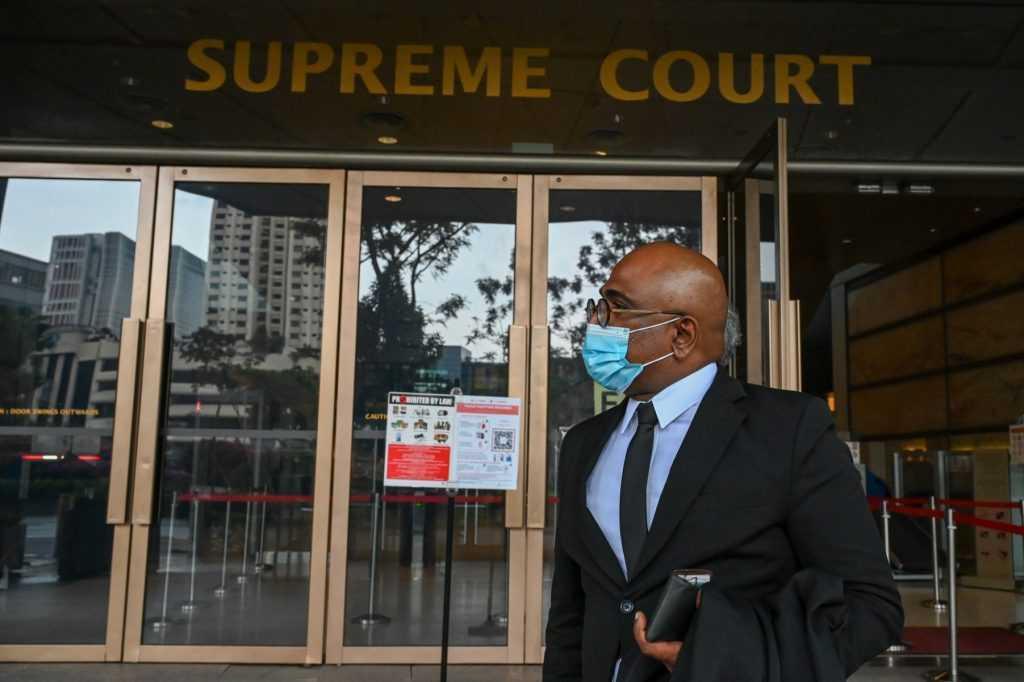Lawyer shocked over conflict of interest involving Singapore judge who heard executed man's final appeal
Justice hurried is justice buried, says prominent rights lawyer M Ravi.
Just In
A prominent Singapore lawyer has pointed out a serious conflict of interest in the final appeal hearing of Tangaraju Suppiah, the 46-year-old who was hanged early yesterday despite international protest over the city-state's judicial system.
M Ravi expressed shock after discovering that the judge who heard Tangaraju's case in the appeals court was also the attorney-general when he was first charged with the offence of trafficking cannabis in 2014.
"The correct procedure should be for judge Steven Chong to disqualify himself from hearing the case on Tuesday. The AG should have pointed this out in the first place on Tuesday.
"Alternatively, Steven ought to have asked Tangaraju if Tangaraju had any objection to having Steven hear the case," Ravi said.
Tangaraju was not represented at the final hearing a day before his execution.
Ravi said such a conflict of interest would have been raised had Tangaraju been represented by a counsel.
"This is a travesty of justice. This is precisely the reason why a lawyer needs to be present at all stages.
"It is tragic not only that Tangaraju had no counsel but also that he did not even have a hearing where Steven dismissed the case summarily on Tuesday. We need answers," said Ravi, a strong critic of the Singapore government who has handled of scores of death row cases.
He added that even if Tangaraju had agreed to the judge presiding over his case, the judge should still disqualify himself as it was the best practice.
"Justice hurried is justice buried. Give us Tangaraju back, can you?" he added.
Tangaraju's execution was the first this year in Singapore, where 11 executions were carried out last year after a two-year hiatus.
The case drew attention from rights groups as well as British aviation tycoon Richard Branson, who has frequently criticised Singapore's death penalty for drug trafficking and highlighted how the drug lords who hire mules from poor families have largely escaped punishment.
"Killing those at the lowest rungs of the illicit drug supply chain... is hardly effective in curbing an international trade worth hundreds of billions every year," Branson had said a day before Tangaraju's execution.
Critics have spoken of a climate of fear within Singapore's legal fraternity about representing death row inmates, after several vocal lawyers including Ravi were penalised or lost their licence to practise for taking up late-stage death row cases.
The PAP-led Singapore government, which has ruled the republic since its exit from Malaysia, has rejected criticism of its death penalty, saying it has been effective in controlling the drug menace.
Subscribe to our newsletter
To be updated with all the latest news and analyses daily.
